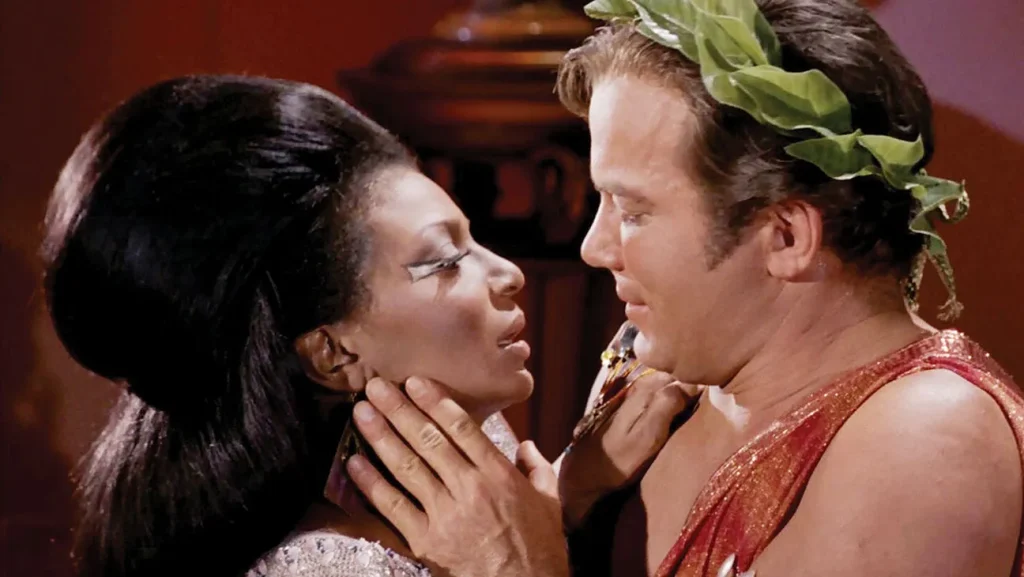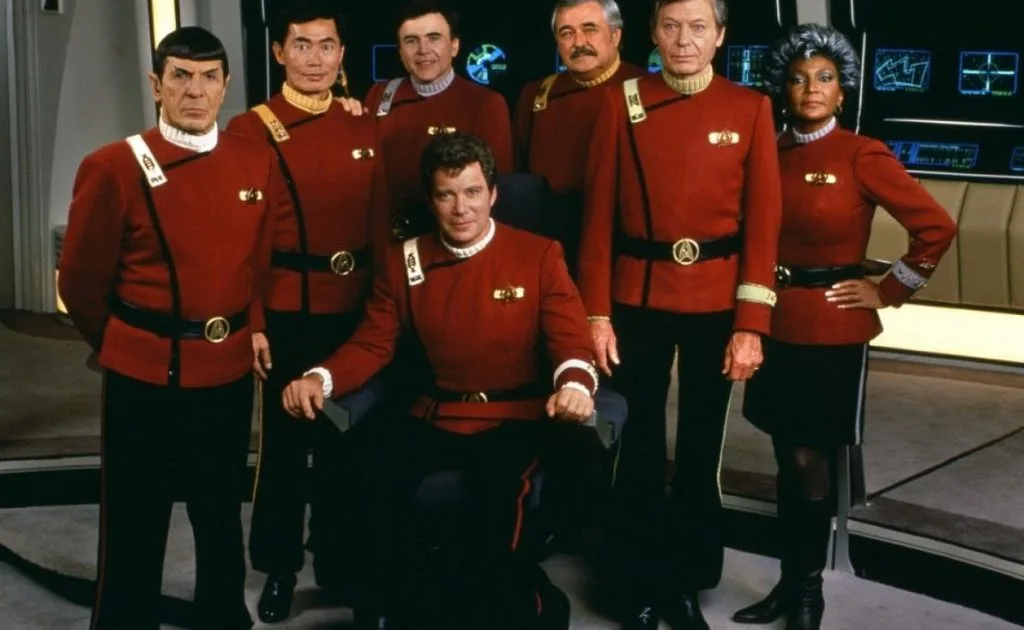
Gene Roddenberry’s Star Trek: The Orginal Series was a hopeful vision of the future, where humans worked in tandem with each other, looking beyond race, gender, and other obstacles. His logic for the space opera was that if humans were to still look at these elements as a hindrance to professionalism in the future, humanity would cease to exist.
This led to many revolutionary depictions on network TV for the first time and Star Trek became the forebearer of such pivotal moments in TV history. However, Roddenberry still had to go through many revisions and fixes in his show due to the level of censorship on TV back in the ‘60s.
Gene Roddenberry had to face a lot of censorship during Star Trek: The Original Series

While viewership records, demographics, and target audience data are much more refined and specific now, back in the ‘50s and the ‘60s, the audience was mostly lumped together. US TV usually produced shows that were in line with the morals of a traditional White family, and many of the topics that did not cater to them were omitted (via Television Academy).
By the time Gene Roddenberry began working on his spinoff show Star Trek: The Next Generation, many of the previous rules of censorship did not apply and he could lean into his hopeful vision of the future. However, during the time of Star Trek: The Original Series, Roddenberry claimed that the show faced a lot of censorship.

Talking to The Humanist back in the day, Roddenberry pointed out how things had improved since the TOS days and the kind of censorship he faced back then. He said,
The areas to be censored vary as time goes on. The censorship we had in the early days was related to skin and kisses and the like. That level of censorship would not be acceptable today because audiences are becoming more educated.
While The Next Generation faced less censorship, it was still not completely free to say anything it wanted. Roddenberry mentioned that topics like criticism of the military-industrial complex and advertising were forbidden.
Gene Roddenberry recounted the extreme reactions from network executives about showing equality on screen

Due to the piling of audience demographics into one undivided sector, network TV faced extreme censorship during the ‘50s and the ‘60s. Topics about race and s*xuality were a strict no-no for the networks as they felt a traditional White family would not want such topics broached in the public sphere (via Television Academy).
Gene Roddenberry’s vision of the future in Star Trek: The Original Series included an equal workforce. He wanted to keep the number of male and female crew members on the Enterprise to be equal and he also wanted African-Americans in key positions in the ship. But, he reportedly faced several setbacks from networks and he had to fight to keep them in.
I remember when NBC said to me, ‘How many women do you have on the ship?’ They thought that we certainly couldn’t have a ship’s complement that was half men and half women…We argued, and I finally agreed with NBC that I would make the ship one-third women…
Roddenberry also mentioned that he had network executives telling him he could not have Blacks and Whites working together on the ship but the showrunner argued his way into making it happen.
Star Trek: The Original Series is available to stream on Paramount+.
This post belongs to FandomWire and first appeared on FandomWire

